Home

PCOS & PCOD

Lean PCOS: A Comprehensive Guide on Causes, Symptoms and Treatment
In this Article
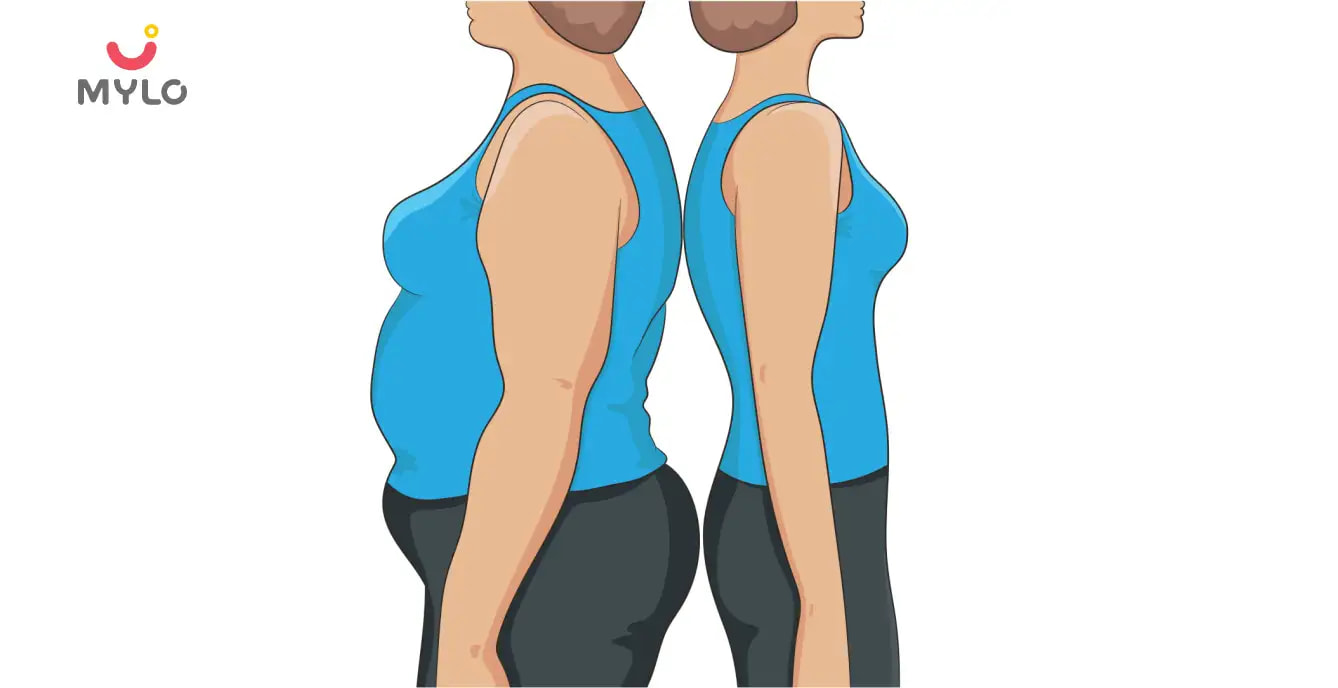
PCOS & PCOD
Lean PCOS: A Comprehensive Guide on Causes, Symptoms and Treatment
Updated on 21 December 2023



Medically Reviewed by
Dr. Shruti Tanwar
C-section & gynae problems - MBBS| MS (OBS & Gynae)
View Profile

Polycystic ovary syndrome (PCOS) is a condition that affects millions of women worldwide. It is a hormonal disorder that causes enlarged ovaries with small cysts on the outer edges. While most people associate PCOS with weight gain and obesity, a significant percentage of women with PCOS are lean. In fact, up to 30% of women have lean PCOS.
In this article, we will provide a comprehensive guide on PCOS in lean women, its symptoms, diagnosis, and lean PCOS treatment.
What is lean PCOS?
Lean PCOS is a subtype of PCOS that is not associated with obesity. Lean women with PCOS have a normal body mass index (BMI) but experience the same symptoms as those with PCOS. The exact cause is not yet fully understood, but it is believed to be related to insulin resistance.
Insulin resistance is a condition in which the body's cells become less responsive to insulin, leading to higher insulin levels in the blood. This can cause the ovaries to produce more androgen hormones, leading to symptoms of PCOS.
Women with lean PCOD or PCOS may also have higher levels of luteinizing hormone (LH) than normal, which can cause the ovaries to produce more androgens.
You may also like: PCOS with Regular Periods: Understanding the Symptoms and Implications
Lean PCOS Symptoms
Here are seven common symptoms of lean PCOS:
1. Irregular periods
Women with this condition may have irregular periods or no periods at all because of the lack of ovulation.
2. Acne
Increased production of androgen hormones can cause acne in women.
3. Hirsutism
Women may also experience excessive hair growth on the face, chest, and back.
4. Hair loss
Androgen hormones can cause hair loss or thinning hair in women with this type of PCOS.
5. Difficulty getting pregnant
Lean PCOD or PCOS can also cause infertility due to the lack of ovulation.
6. Mood swings
Women may also experience mood swings due to hormonal imbalances.
7. High cholesterol levels
Women with this condition may have higher levels of LDL (bad) cholesterol and lower levels of HDL (good) cholesterol.
Difference Between Lean PCOS and PCOS
While lean PCOS and PCOS share many similarities, there are some key differences between the two conditions. Here are three differences between lean PCOS and PCOS:
1. Body weight
Women with PCOS are typically overweight or obese, while women with lean PCOS have a normal BMI.
2. Insulin resistance
Insulin resistance is more common in women with PCOS than in those with lean PCOS.
3. Treatment
Women with lean PCOS may respond differently to treatment than those with PCOS.
How is Lean PCOD or PCOS Diagnosed?
Diagnosing lean women with PCOD or PCOS involves a physical exam and a series of tests. The doctor will ask about the patient's medical history and symptoms, including menstrual history, acne, and hirsutism. They may also perform a pelvic exam to check for enlarged ovaries or cysts.
Blood tests may also be performed to check hormone levels, including testosterone, LH, and follicle-stimulating hormone (FSH). An ultrasound may also be used to check for cysts on the ovaries.
Lean PCOS Treatment
While there is no cure for lean PCOS, there are several treatment options to manage symptoms and improve fertility, including:
1. Lifestyle changes
Eating a healthy diet and exercising regularly can help improve insulin resistance and reduce symptoms.
2. Medications
Birth control pills can regulate menstrual cycles and reduce lean PCOS symptoms. Metformin, a medication used to treat type 2 diabetes, can also help improve insulin resistance.
3. Fertility treatments
Women with lean PCOD who are trying to conceive may benefit from fertility treatments such as ovulation induction or in vitro fertilization (IVF).
4. Surgery
In rare cases, surgery may be recommended to remove cysts on the ovaries.
5. Alternative therapies
Some women may also benefit from acupuncture, yoga, or other alternative therapies to help manage symptoms.
Foods to Include and Avoid in Lean PCOS Diet
Here are five foods to include in a diet for lean women with PCOS:
1. Whole grains
Whole grains are a great source of fiber and can help improve insulin resistance.
2. Lean protein
Lean protein sources such as chicken, fish, and tofu can help regulate blood sugar levels.
3. Fruits and vegetables
Fruits and vegetables are rich in vitamins and minerals and can help improve overall health.
4. Nuts and seeds
Nuts and seeds are a good source of healthy fats and can help improve insulin resistance.
5. Water
Drinking plenty of water can help flush toxins from the body and improve overall health.
You may also like: PCOD Diet: How the Right Diet Can Transform Your Life
Here are five foods to avoid in a lean PCOS diet:
1. Sugar
Sugary foods and drinks can cause a spike in blood sugar levels and worsen insulin resistance.
2. Processed foods
Processed foods are often high in sugar and unhealthy fats and can worsen insulin resistance.
3. Trans fats
Trans fats are found in many processed foods and can contribute to inflammation and insulin resistance.
4. Red meat
Red meat is high in saturated fats and can worsen insulin resistance.
5. Dairy products
Some women with lean PCOS may be sensitive to dairy products, which can worsen symptoms.
Final Thoughts
Lean PCOS is a subtype of PCOS that affects women with a normal BMI. Understanding what is lean PCOS, its symptoms and treatment options can help women regain control of their hormonal balance and improve their overall health. While it may present unique challenges and symptoms compared to traditional PCOS, it is important to remember that it can still be managed effectively.
References
1. Toosy S, Sodi R, Pappachan JM. (2018). Lean polycystic ovary syndrome (PCOS): an evidence-based practical approach. J Diabetes Metab Disord.
2. Goyal M, Dawood AS. (2017). Debates Regarding Lean Patients with Polycystic Ovary Syndrome: A Narrative Review. J Hum Reprod Sci.





Medically Reviewed by
Dr. Shruti Tanwar
C-section & gynae problems - MBBS| MS (OBS & Gynae)
View Profile


Written by
Anandita Sharma
Drawing on more than a decade of expertise in administration, Anandita Sharma currently serves as a content operations e
Read MoreGet baby's diet chart, and growth tips

Related Articles
Related Questions
Hello frnds..still no pain...doctor said head fix nhi hua hai..bt vagina me pain hai aur back pain bhi... anyone having same issues??

Kon kon c chije aisi hai jo pregnancy mei gas acidity jalan karti hain... Koi btayega plz bcz mujhe aksar khane ke baad hi samagh aata hai ki is chij se gas acidity jalan ho gyi hai. Please share your knowledge

I am 13 week pregnancy. Anyone having Storione-xt tablet. It better to have morning or night ???

Hlo to be moms....i hv a query...in my 9.5 wk i feel body joint pain like in ankle, knee, wrist, shoulder, toes....pain intensity is high...i cnt sleep....what should i do pls help....cn i cosult my doc.

Influenza and boostrix injection kisiko laga hai kya 8 month pregnancy me and q lagta hai ye plz reply me

Related Topics
RECENTLY PUBLISHED ARTICLES
our most recent articles

Mood Swings
PCOS Mood Swings: The Ultimate Guide to Causes and Strategies for Relief

PCOS & PCOD
PCOS and Thyroid: Understanding the Complex Relationship and Finding Solutions
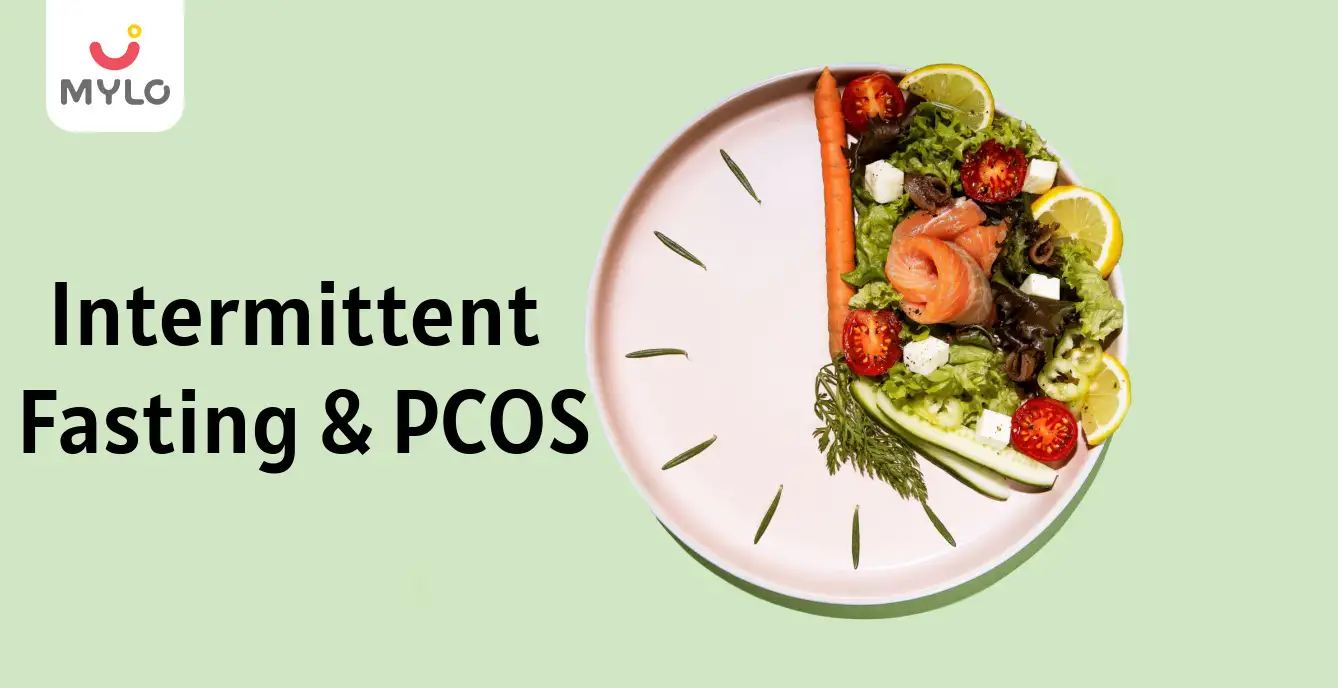
PCOS & PCOD
Intermittent Fasting & PCOS: The Ultimate Guide to Benefits, Risks and Precautions
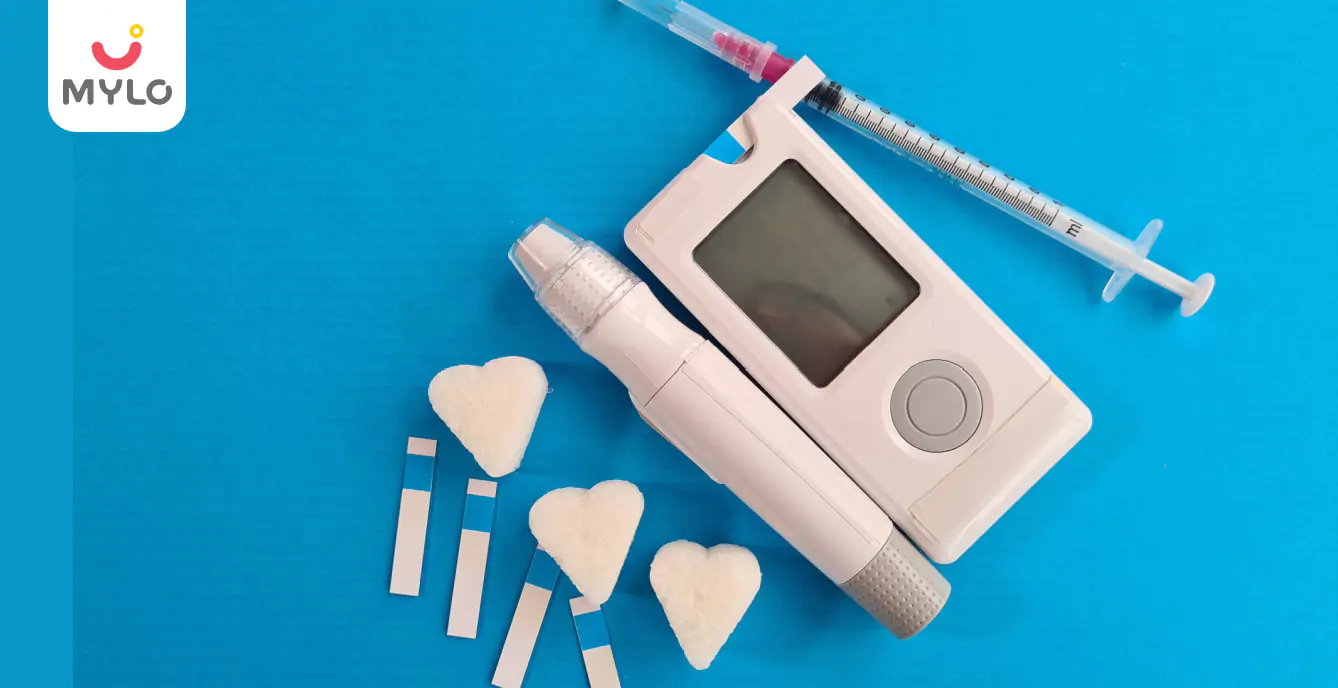
PCOS & PCOD
Insulin Resistance & PCOS: A Comprehensive Guide to Causes and Management
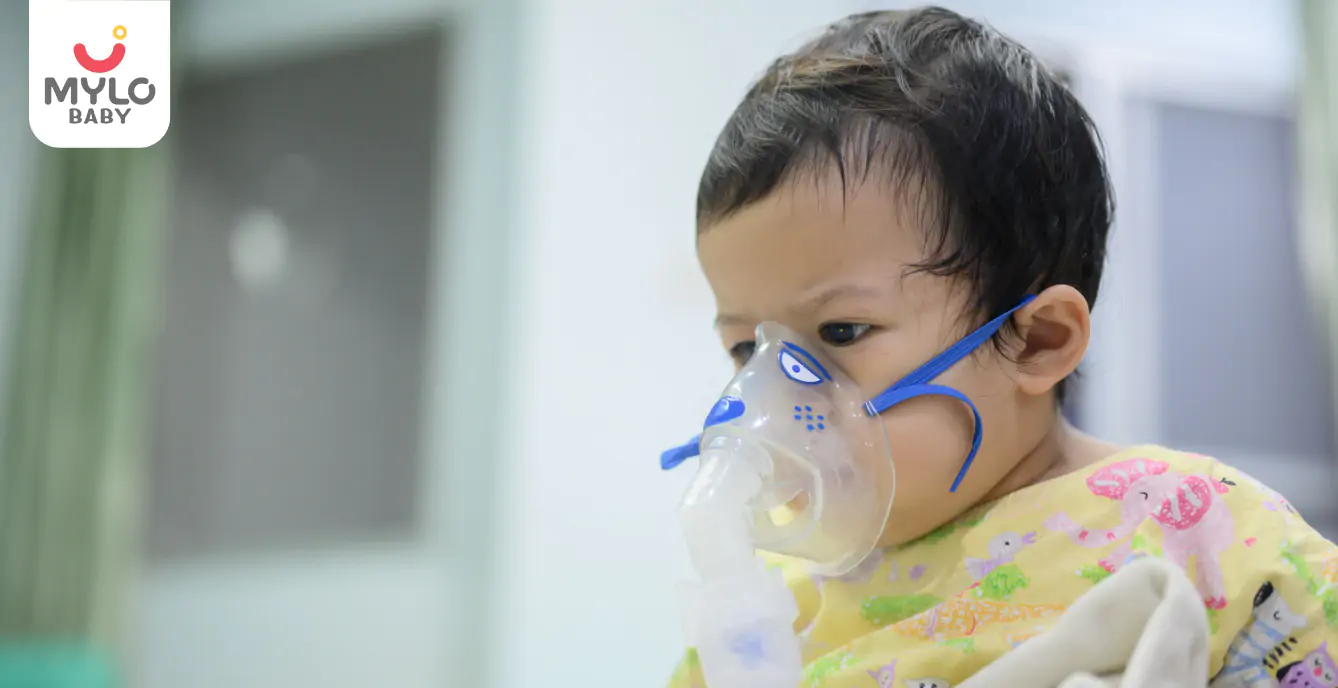
Breathlessness
Your heart stops beating when your baby feels breathless! Here are 5 things to know about infant breathlessness.
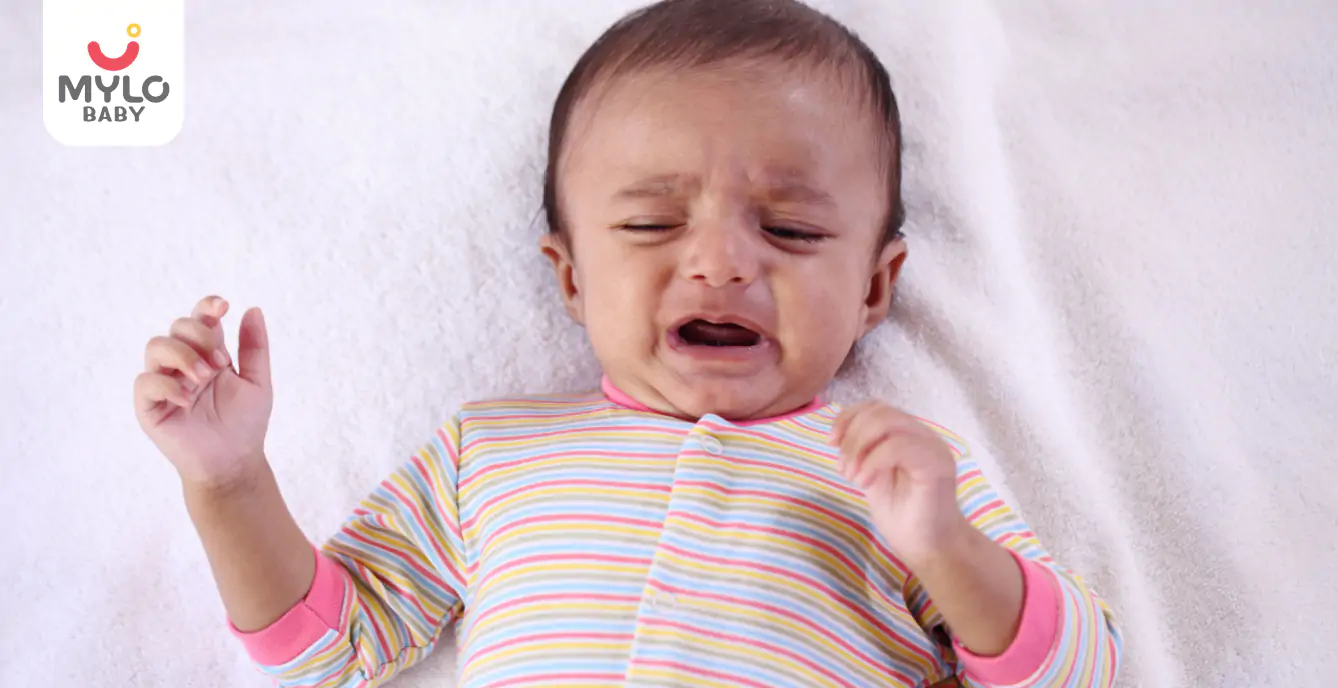
Care for Baby
Newborn Crying: What It Means and How to Handle It?
- When Do Babies Make Eye Contact: Keeping an Eye on Important Milestones
- Is your baby getting breathless frequently? Five things you must know
- 50 Budget-Friendly Birthday Return Gift Ideas to Wow Your Guests
- PCOS Exercise: Your Guide to Sweating Away PCOS
- PCOS and Pregnancy: How to Manage PCOS on the Path to Parenthood
- PCOS Tests: The Power of Diagnostic Tests in Your Health Journey
- Must-Read Ruskin Bond Short Stories for Little Minds
- The Top 10 Tenali Raman Stories You Must Read to Your Kids
- Ovulation Bleeding: The Ultimate Guide to Causes, Symptoms and Management
- A Guide to Recognizing Symptoms of Ovulation After HCG Injection
- Bulky Ovaries Explained: What Every Woman Should Be Aware Of
- Ovulation: The Key to Maximizing Your Chances of Conception and Pregnancy
- The Ultimate Compilation of Fancy Dress Ideas for Young Kids
- How Long Does Sperm Take to Reach the Egg?


AWARDS AND RECOGNITION

Mylo wins Forbes D2C Disruptor award

Mylo wins The Economic Times Promising Brands 2022
AS SEEN IN
















- Mylo Care: Effective and science-backed personal care and wellness solutions for a joyful you.
- Mylo Baby: Science-backed, gentle and effective personal care & hygiene range for your little one.
- Mylo Community: Trusted and empathetic community of 10mn+ parents and experts.
Product Categories
baby carrier | baby soap | baby wipes | stretch marks cream | baby cream | baby shampoo | baby massage oil | baby hair oil | stretch marks oil | baby body wash | baby powder | baby lotion | diaper rash cream | newborn diapers | teether | baby kajal | baby diapers | cloth diapers |




